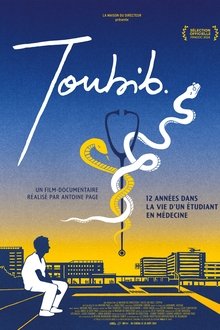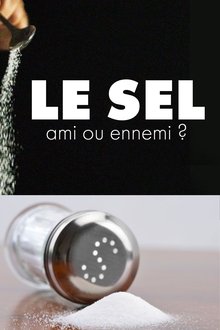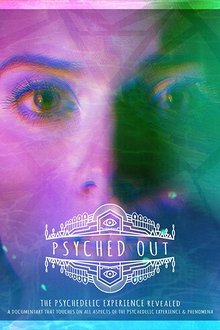How did psychedelics, not so long ago cast into the wilderness by the medical community, so quickly return to one of America’s most prestigious research institutions and graduate to the pages of the field's premier journals? Join us as we learn the stories of the scientists at Johns Hopkins Center for Psychedelic & Consciousness Research who re-opened the doors, and the new generation of researchers working to explore the potential of psychedelics in science and medicine.
Related Movies

Emma Wants to Live (2016)
This is a Dutch documentary about the last weeks of life in a Portuguese clinic for Emma Caris, a 18 year old girl who had been suffering anorexia nervosa since she was 16 years old.
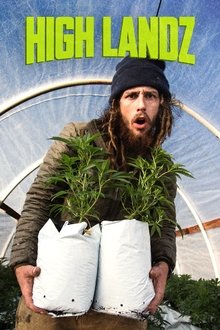
High Landz (NaN)
High up in the Northern California mountains there is a place, where not too many get to visit. Its called - The Emerald Triangle, real mecca of Americas cannabis game. Follow a ukrainian journalist Luka on a journey that explores lifes of real growers and hustlers and the dangers that come with it.

The Clinic (2019)
Amidst a devastating opioid epidemic, a needle exchange and free clinic operates in the shadows of Fresno, California.

Sicko (2007)
A documentary about the corrupt health care system in The United States who's main goal is to make profit even if it means losing people’s lives. "The more people you deny health insurance the more money we make" is the business model for health care providers in America.
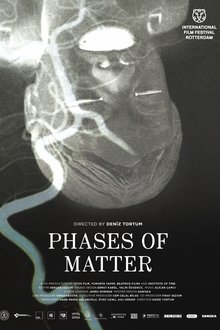
Phases of Matter (2020)
Phases of Matter follows living and inanimate residents of a teaching hospital in Istanbul, moving from the operating room to the morgue, between life and other states, the real and the virtual.
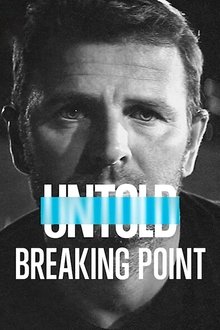
Untold: Breaking Point (2021)
Under pressure to continue a winning tradition in American tennis, Mardy Fish faced mental health challenges that changed his life on and off the court.
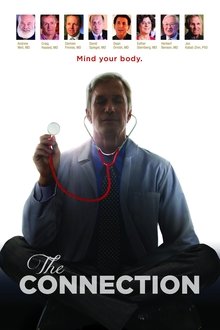
The Connection (2014)
The Connection is a film about how frontier research is proving that there is a direct connection between your mind and your health.
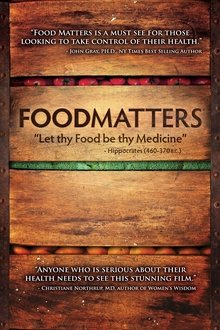
Food Matters (2010)
With nutritionally-depleted foods, chemical additives and our tendency to rely upon pharmaceutical drugs to treat what's wrong with our malnourished bodies, it's no wonder that modern society is getting sicker. Food Matters sets about uncovering the trillion dollar worldwide sickness industry and gives people some scientifically verifiable solutions for curing disease naturally.
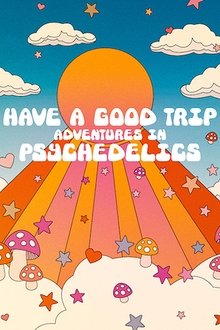
Have a Good Trip: Adventures in Psychedelics (2020)
Celebrities recall their most mind-bending trips via animations, reenactments and more in this comedic documentary exploring the story of psychedelics.

Counterfeit Culture (2013)
A documentary that explores the dangerous and sometimes deadly world of fake products. An industry that once dealt in imitation designer handbags and shoes has exploded into a global epidemic of counterfeit pharmaceuticals, foods, toys, electronic goods, car parts and microchips. COUNTERFEIT CULTURE challenges consumers to take a deeper look at what appears to be harmless knock-offs at bargain prices.
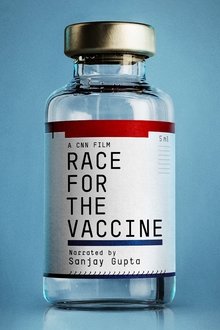
Race for the Vaccine (2021)
As news of the coronavirus broke around the globe, a small group of scientists jumped into action to tackle one of the greatest medical challenges of our time: to create a vaccine against a virus no one had ever seen before, and to do so in record time, during a deadly, global pandemic.
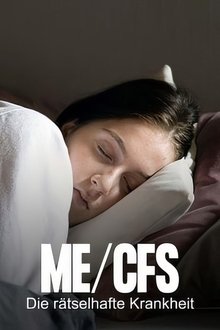
Die rätselhafte Krankheit – Leben mit ME/CFS (2021)
ME/CFS is a devastating disease that affects around 300,000 people in Germany alone. There has been little help for sufferers to date. Many doctors are not familiar with the clinical picture and treat it incorrectly. However, something has been happening recently, partly due to the coronavirus pandemic: because the late effects of Covid-19 correspond to the typical symptoms of ME/CFS...
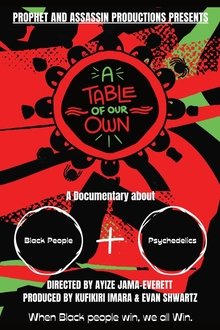
A Table of Our Own (NaN)
A groundbreaking new documentary that illuminates the untold stories, struggles, and triumphs of Black people in the psychedelic therapy movement. Interest in psychedelic medicine has exploded in recent years, spurred by a resurgence of research and high-profile advocates. Despite the fact that indigenous Black and Brown people have been using these plant medicines for centuries, psychedelic medicine remains a fundamentally white space.

The Economy of Pathogens (2010)
Robert Koch is one of the superstars of the scientific world. In countless publications, Robert Koch is enthusiastically celebrated as the savior of humanity, but on closer inspection, many aspects of his research appear questionable today and can only be understood in the context of his time. Koch's meteoric career in the Wilhelmine Empire is a prime example of how scientific discoveries are inextricably linked to the political and economic conditions of their time. The documentary sheds light on these conditions and interludes, drawing parallels to the problems facing infectious medicine today.

Pulmonary Hydatid Cyst Operation (1899)
Also known as The Operation of Dr. Alejandro Posadas. Filmed with early orthochromatic film in the Hospital de Clínicas de la Ciudad in Buenos Aires.
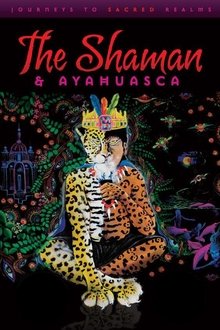
The Shaman & Ayahuasca: Journeys to Sacred Realms (2010)
Filmed in the jungles of Peru, shaman Don Jose Campos introduces the practices and benefits of Ayahuasca, the psychoactive plant brew that has been used for healing and visionary journeys by Amazonian shamans for at least a thousand years.

Voices from the Shadows (NaN)
‘Voices from the Shadows’ shows the brave and sometimes heartrending stories of five ME patients and their carers, along with input from Dr Nigel Speight, Prof Leonard Jason and Prof Malcolm Hooper. These were filmed and edited between 2009 and 2011, by the brother and mother of an ME patient in the UK. It shows the devastating consequences that occur when patients are disbelieved and the illness is misunderstood. Severe and lasting relapse occurs when patients are given inappropriate psychological or behavioural management: management that ignores the severe amplification of symptoms that can be caused by increased physical or mental activity or exposure to stimuli, and by further infections. A belief in behavioural and psychological causes, particularly when ME becomes very severe and chronic, following mismanagement, is still taught to medical students and healthcare professionals in the UK. As a consequence, situations similar to those shown in the film continue to occur.
